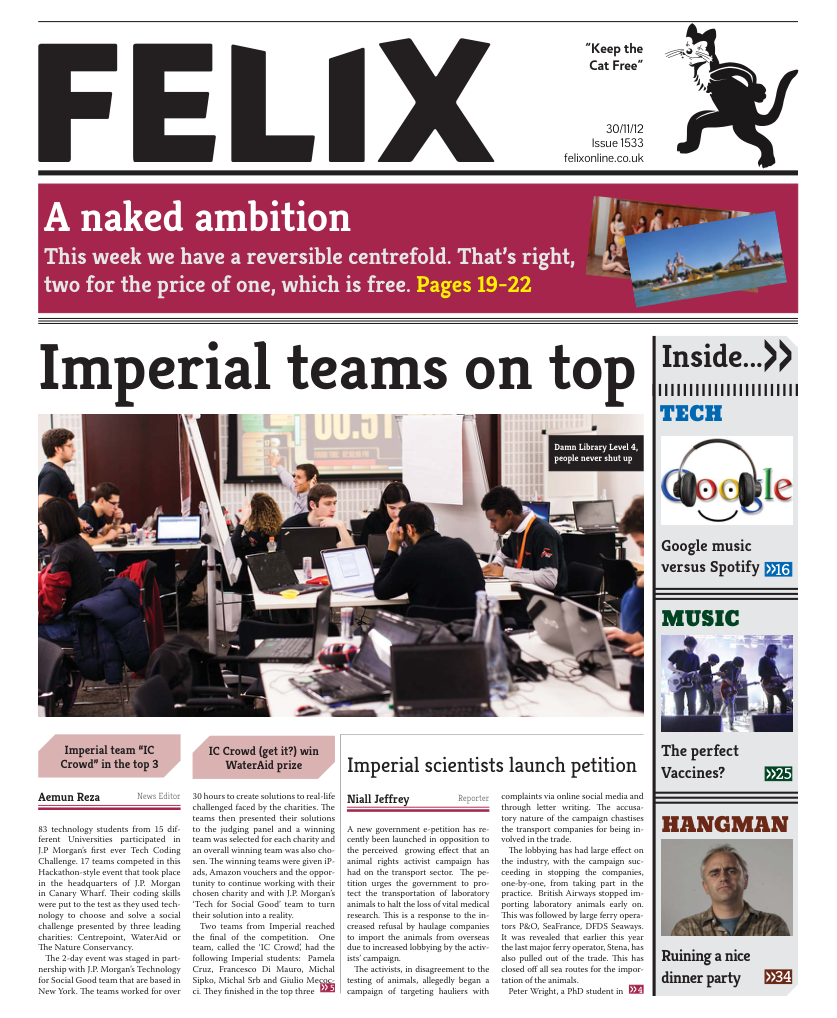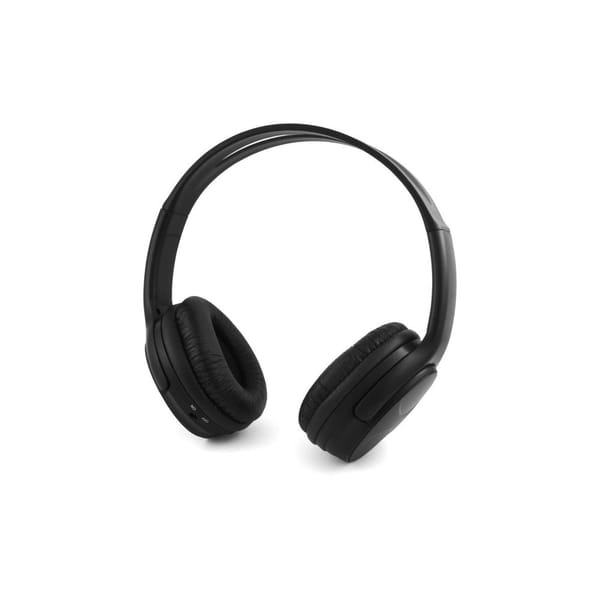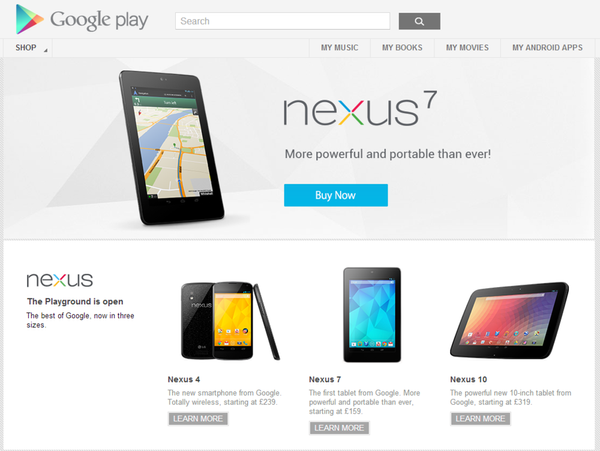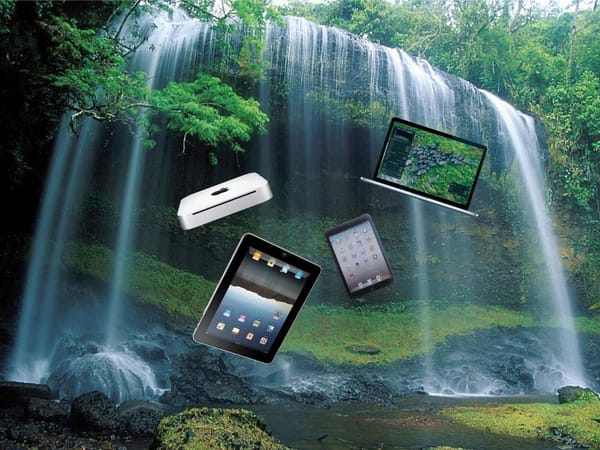Google music is finally here
Jason Parmar looks at Google’s venture into the digital music market

I used to use browser based music services “Grooveshark” & “Hypem” in addition to downloading to fulfil my musical listening needs. However, I knew it wasn’t really sustainable, especially considering that Grooveshark is in a very long legal battle and is currently being sued by several labels, the biggest case for $17.1 billion from Universal. Combine this with Android, Apple and Facebook all removing the Grooveshark app from their OS/Social network and the future isn’t bright for Grooveshark, or my musical fulfilment.
As a result, three months ago, I finally gave in and signed up to a Spotify premium account. In those three months though, I’ve got to admit, I didn’t actually look back (until yesterday at least). Spotify has grown incredibly since its initial invitation only launch in 2008 and its official UK open-to-all launch two years later in Feburary 2010. The online streaming music giant, originally from Sweden and now based in London, has most recently been beta testing a web browser version to further extent it’s already wide reach, that already includes excellent integration within Windows, Mac OS, Linux, Facebook, Android, iOS, Blackberry, Symbian, webOS, Sonos and even Windows Phone (clearly the most important for any growing company). The company has been slowly trying to gather a monopoly in the market and appears to be doing quite well, with Goldman Sachs valuating the company at $3billion this month.
Why look back from Spotify?
Two weeks ago, on 13th November, Google released Google Music, LG manufactured Nexus 4 and the Nexus 10, in the UK, all through Google Play. It was largely successful day for Google as they sold out of the Nexus 4 online in under 15 minutes in the UK and later sold out stateside in under an hour (although they were selling the devices at a heavily subsidised price for launch).
Google’s latest iteration of Google Music brought with it some pretty shiny and hefty new guns
Across the pond, US citizens have been lucky enough to have Google Music since November 16th 2011. But Google’s latest iteration of Google Music brought with it some pretty shiny and hefty new guns to help it take on Spotify, Amazon, Microsoft’s Xbox Music, Sony’s Music Unlimited and Apple’s iTunes.
The Pros
Admittedly, I’m two weeks late trying out Google Music, due to the fact I’m a final year student at Imperial and job hunting (Microsoft, IBM, Google, etc, if you’re reading, I’ll be grateful for a fast-track to assessment centre). Despite my slightly late adoption for a Technology Editor, I’ve still had time to test some of Google’s incredible offerings.
The first being the new downloadable “Google Play Music Manager”. This may just be a small upload client that helps organise your music. But it allows all users to upload and store on the Google Cloud up to 20,000 songs imported from their own music library in 320kpbs quality. Then it’s accessible anywhere in the world, at any time, on any laptop or anything running Android (at the moment). The beauty of the service, and basically of everything the Mountain View giant does, is that this service is 100% free. So, as of right now I have 6,324 songs that are currently being uploaded to the Google cloud.
it allows users to upload and store up to 20,000 songs on the Google cloud for free
The second main feature is its “Scan & Match” technology that matches your tracks with those already on Google Music to ensure all track information is correct (in future users won’t have to actually upload tracks). In addition to matching the track information, this feature will upgrade your music to 320kpbs quality (if applicable), and again, all for free! This versus the similar services of Amazon and Apple, who charge over £20 for the service, but only upgrade to 256kpbs, Google’s a clear winner. Google has even catered for those annoying moments for when you might lost connection for short periods of time (for example on the tube), by caching your recent and queued songs just in case you lose signal. In addition, for offline play, all Google Music songs in your library are available for download to your PC, phone and/or tablet, again all for free. With regards to cost, Google Music is undercutting Apple iTunes by 20p per individual song (79p vs Apple’s 99p per song) and £2-3 per album.
Google Music is undercutting Apple iTunes by 20p per individual song (79p vs Apple’s 99p per song) and £2-3 per album.
There is also some neat Google+ integration with a free “share a track” option which helps out the very impressive but depressingly quiet social network by allowing a free play of songs to friends. Finally, Google is offering a good easy to use browser based interface, but of course, this is really all subjective and in some people’s opinions could be a con. All in all, the Pro’s send us a strong message that Google Music has been well worth the year long wait!
The Cons
By far the biggest con at the moment is that the mobile application is only currently on Android, excluding the huge market of Apple iPhone users, the significantly smaller market of those of us on Windows Phone as well as those people unfortunate enough to still be on the ancient Blackberry OS.
Another con is that the service is browser based with no desktop application other than the very basic, but functional, “Google Play Music Manger”. For some people this’ll prove to be a pretty significant disadvantage, but in this editor’s opinion, it’s almost a non-issue and very minor con. I think Spotify are making a very big step in the right direction by developing their browser based software and think the biggest selling point of Grooveshark (other than the ridiculously large music catalogue of songs and remixes) was that it was browser based and therefore more easily accessible anywhere in the world on pretty much any computer.
the biggest con at the moment is that the mobile application is only on Android
Finally, Google are coming under fire from the UK’s record industry trade association, the British Phonographic Industry (BPI), who aren’t exactly happy with Google on the whole. Their chief executive, Geoff Taylor complains that “we don’t think it makes any sense for them to be doing something which does support artists and then, on the other hand, undermine artists by referring consumers to illegal sites”. The basis of the complaint has actually nothing to do with Google Music and is actually based on Google Search, as when you “Google” a song you are provided with links to both legal and illegal sources. The BPI actually went so far to get several iconic musicians, including $265 million rich Elton John, to write directly to PM David Cameron publically to windge about Google. A Google Play representative responded to the accusations claiming “I think [the service] is something that is hopefully going to make piracy obsolete because it’s so easy to operate within the bounds of the law that there is really no need to go beyond them.” Make your mind up as you like, but in this Editor’s opinion (I hate reading that line in articles to), the BPI’s argument is very weak as it’s based solely on the fact that Google won’t be their bitch and censor the lengthy list of websites the BPI want them to ban from internet search results.
Conclusion
Overall, despite the cons, my mind is pretty made up on Google Music being well worth the wait. But, until Mountain View release a Windows Phone app, I’m afraid I’ll still be paying for my Spotify premium account and make occasional use of Google Music as an excellent library storage facility.
It is still hard however, to pick an overall winner for music lovers as everybody has different preferences. The best result will perhaps be a combination of two or more services, so I recommend trying out and trialling as many free services as you can. You can try Google Music at music.google.com and follow the online tour to discover more.
if Apple want to remain at the forefront they need to radically innovate ...again
One thing is for sure though, if Apple want to remain at the forefront in the future of digital music, it’s going to need to radically innovate its 2001 based iTunes business model. The younger and more agile Spotify and Google have come and innovated the market, will Apple be able to follow.









